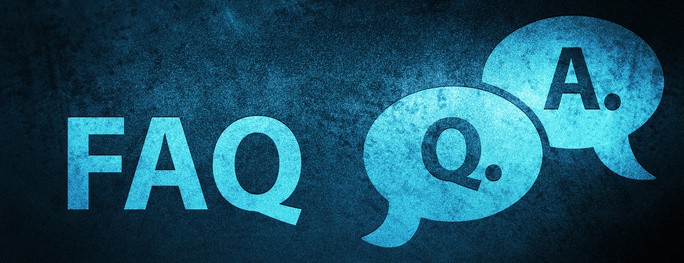
What does ARI do? Can I bring my child to you?
ARI is a non-profit research, resource, and referral organization that conducts and funds research that makes a difference in finding the causes and developing safe, effective treatments for autism. We do not see patients. For more information, see: Funding “Research that Makes a Difference” since 1967. Since 1995, ARI has convened recurring meetings for carefully selected physicians, researchers, and scientists committed to finding effective treatments for autism. ARI also hosts frequent free webinars. See ARIconference.com for the latest information on upcoming free webinars – topics, speakers, and registration info.
Where can I find a clinician using the evidence-based medical approach?
There are many ways to find a clinician; for suggestions, see: Finding a Clinician using an evidence-based approach: Questions to Ask.
What percentage of my donation goes directly to research?
More than 80 cents per dollar donated to ARI go directly to programs and research projects. For more information about ARI’s current research funding, see: Funding “Research that Makes a Difference” since 1967. ARI dedicates 90 percent of its research dollars to projects aimed at:
- Assessing effectiveness of existing treatments
- Identifying and evaluating emerging treatments
- Developing new treatments
What is ARI’s position on chelation?
Chelation is not a treatment for autism. To learn more about it, see: WebMD
Why doesn’t my regular pediatrician, MD, or autism center know about the evidence-based medical approach?
We’ve found that many mainstream medical doctors are slow to catch on to the evidence-based medical approach. ARI is always working to educate physicians, but there is some resistance since many of these doctors were taught in medical school that autism is an untreatable disorder, or that pharmaceutical medications are the only answer.
We encourage parents to provide resources to physicians about the evidence-based medical approach.
How has the evidence-based medical approach changed over the last five years? We are interested in trying again now that our child is older – should we?
Clinicians and their patients have collectively learned a tremendous amount about combating autism over the last five years – individualized treatments using new diets, medications and therapies are emerging every year. If your child did not respond to the treatments that were available years ago as a 4-year-old, that does not mean he or she will not respond today – the combination of maturing physical development and new strategies may present new possibilities. New approaches are always on the horizon.
Is there more than one Dr. Stephen Edelson working in the autism field?
Yes – there are actually two Dr. Stephen Edelsons who are active in the autism field. The two Edelsons are not related to one other.
Stephen M. Edelson, Ph.D. is an experimental psychologist, and he is the director of the Autism Research Institute in San Diego, California. His primary focus is on research. His mentors were Drs. Bernard Rimland and Ivar Lovaas.
Stephen B. Edelson, M.D. is a retired medical doctor who practiced in Atlanta, Georgia.
How do I make a donation in honor or in memory of someone? How is the donation acknowledged?
Submit the donation online, using our secure server (please be sure to include “honor” or “memory” of in the space provided). Donors receive a receipt for tax purposes and honorees receive acknowledgement of the gift submitted on their behalf. Prospective donors may make a donation in another’s honor or memory.
You can also donate a vehicle by using our online form from CARS.
Other options: Send the donation along with a brief explanation and contact information of the person you are honoring or who should receive the acknowledgement, for memorial donations directly to ARI at:
ARI
4182 Adams Ave.
San Diego, CA 92116
Fax the above information along with payment details to: 833-281-7165
Call the ARI office at 833-281-7165 ext. 2, to give the information to a representative over the phone.

